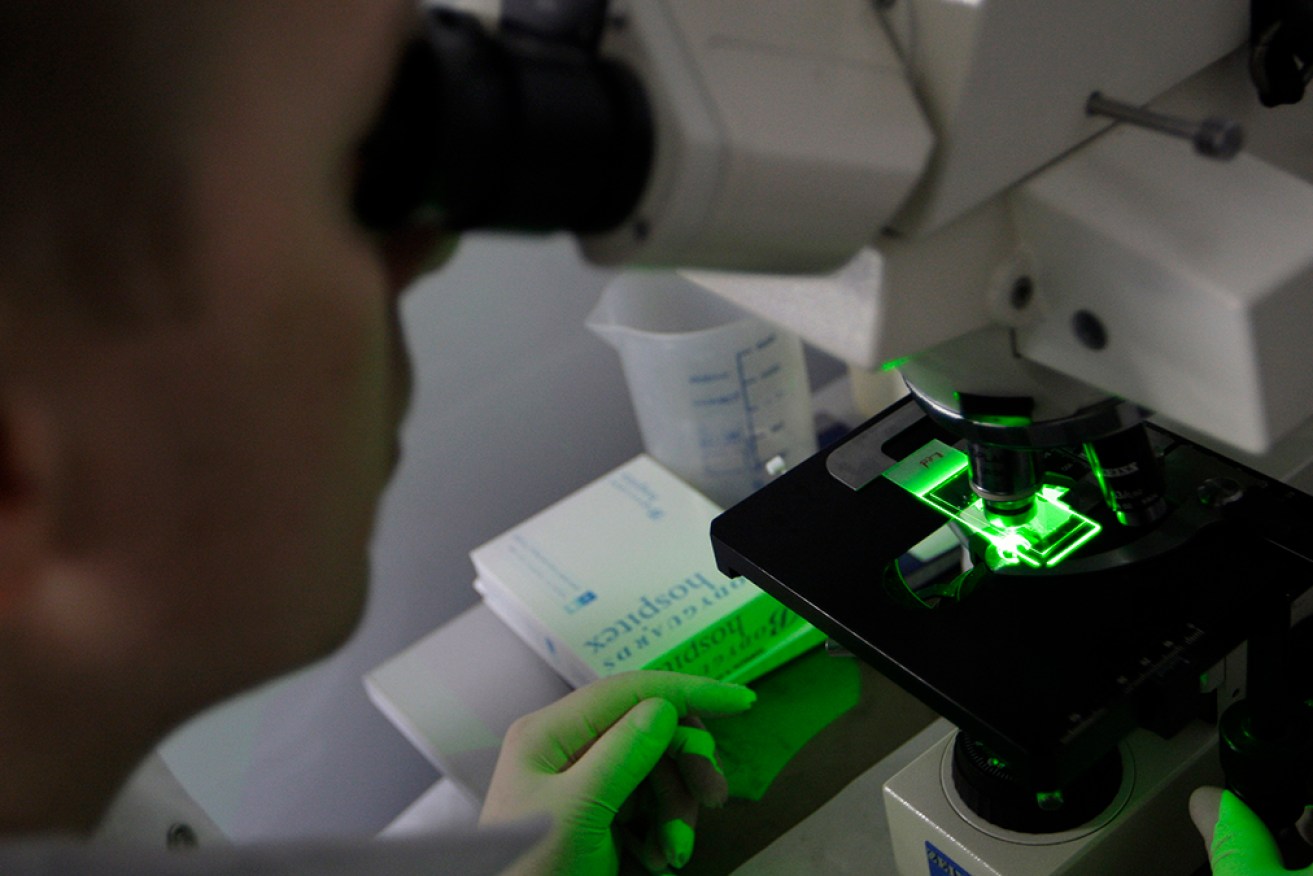Researchers say flesh-eating bacteria ‘weapon’ could save lives

Scientists have found a protein in the immune system they say detects toxins deployed by bacteria. Photo: AP
Researchers have identified a protein they say could be the key to combating a deadly flesh-eating bacteria for which treatments remain severely lacking.
The bacteria, clostridium perfringens, is a common cause of food poisoning but in severe cases can lead to deadly infections, such as gangrene and sepsis.
For most the bacteria is fairly harmless, but it can lead to fatal complications and is particularly dangerous for the immunocompromised, elderly, children and pregnant women.
A team of scientists from the Australian National University has identified a protein inside the human immune system, known as NLRP3, its says detects toxin deployed by the bacteria and activates an immune response.
Issues arise because of the protein’s tendency to become “over-activated” in its response to the toxins, hijacking the body’s natural safety mechanisms and causing complications.
The study’s authors described NLRP3 as a fire detector interpreting smoke from a barbecue as a fire and causing chaos for the home owner.
Anukriti Mathur, from the ANU John Curtin School of Medical Research said the the study would help prevent conditions caused by the overactive protein, such as muscle necrosis, which has a 50 per cent mortality rate.
“By understanding the role NLRP3 plays in detecting these deadly toxins and the defensive mechanisms it activates to protect the body, we can start to develop new techniques that target the protein and ‘dampen’ its overactive response,” Dr Mathur said.
“This would not only help prevent the body from triggering extreme and potentially deadly reactions to infection, but it could also help us find new ways to outsmart the bacteria and potentially develop new treatments.”
The team tested their theory on mice as well as human cells and said the results were very encouraging.
“When we had a drug that was able to control the activity of this protein so it was not not damaging the body, it was able to help the organism survive longer,” Dr Mathur said.
The drug is in clinical trials in collaboration with researchers at the University of Queensland.
-AAP








